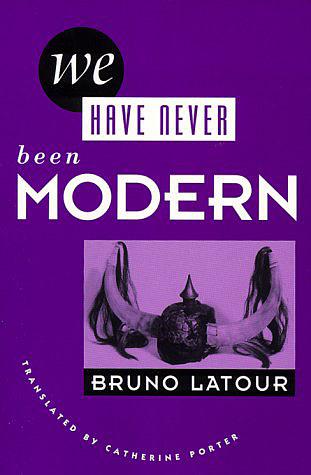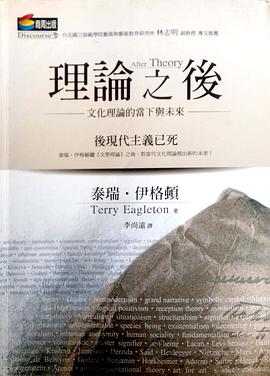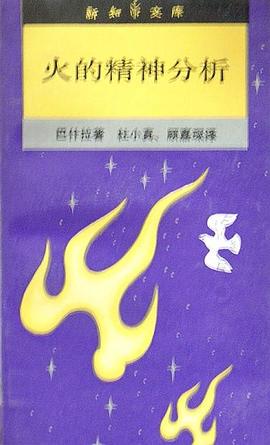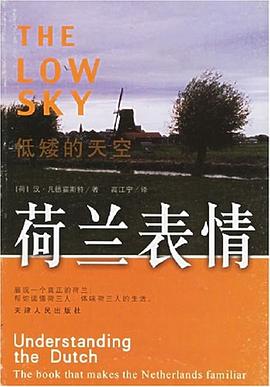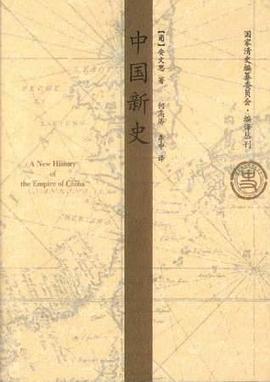We Have Never Been Modern
内容简介
With the rise of science, we moderns believe, the world changed irrevocably, separating us forever from our primitive, premodern ancestors. But if we were to let go of this fond conviction, Bruno Latour asks, what would the world look like? His book, an anthropology of science, shows us how much of modernity is actually a matter of faith. What does it mean to be modern? What difference does the scientific method make? The difference, Latour explains, is in our careful distinctions between nature and society, between human and thing, distinctions that our benighted ancestors, in their world of alchemy, astrology, and phrenology, never made. But alongside this purifying practice that defines modernity, there exists another seemingly contrary one: the construction of systems that mix politics, science, technology, and nature. The ozone debate is such a hybrid, in Latour's analysis, as are global warming, deforestation, even the idea of black holes. As these hybrids proliferate, the prospect of keeping nature and culture in their separate mental chambers becomes overwhelming--and rather than try, Latour suggests, we should rethink our distinctions, rethink the definition and constitution of modernity itself. His book offers a new explanation of science that finally recognizes the connections between nature and culture--and so, between our culture and others, past and present. Nothing short of a reworking of our mental landscape. "We Have Never Been Modern" blurs the boundaries among science, the humanities, and the social sciences to enhance understanding on all sides. A summation of the work of one of the most influential and provocative interpreters of science, it aims at saving what is good and valuable in modernity and replacing the rest with a broader, fairer, and finer sense of possibility.
......(更多)
作者简介
著名社会学家,现任巴黎政治学院教授、副院长。
......(更多)
目录
......(更多)
读书文摘
现代人为其无法拥有的优点(理性化)而欢欣鼓舞,同时又为其根本没能力犯下的罪过(又是理性化)而自我鞭挞!在这两种情形下,他们都误将长度或关联方面的差异视为层级差别。他们认为存在着诸如人、思想、情境等地方性的事物,也存在着诸如组织、定律、规则之类的全球性事物。
......(更多)
